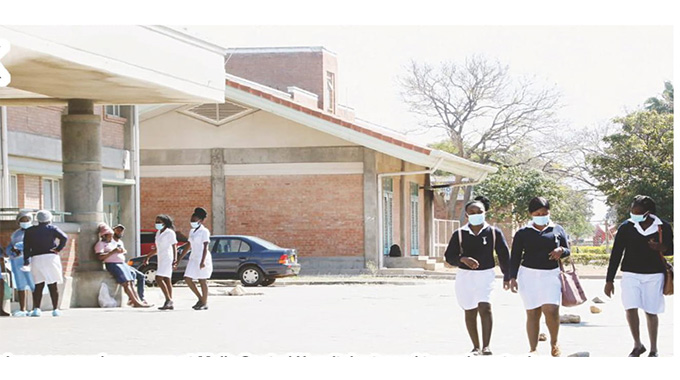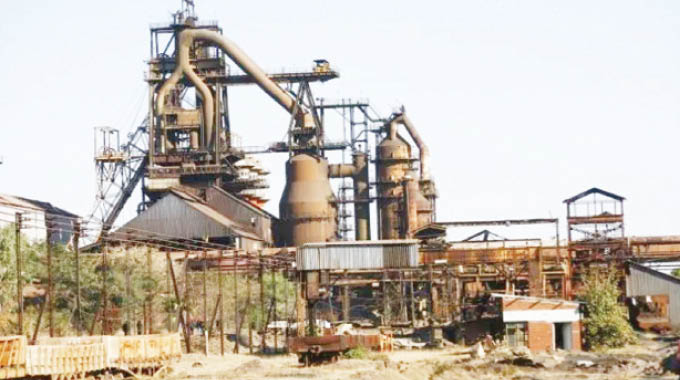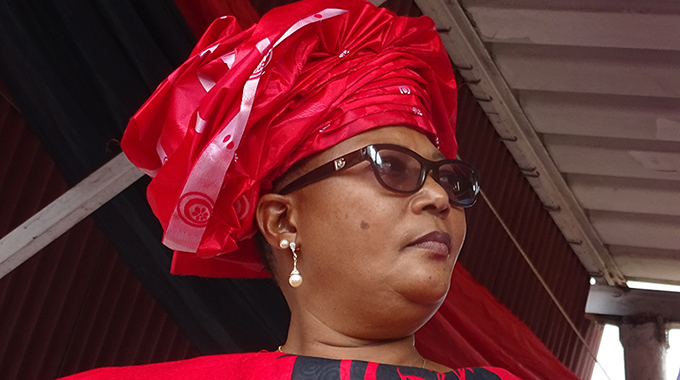COMMENT: Nurses’ return to work should be applauded

ZIMBABWEANS yesterday woke up to the good news that striking nurses had returned to work following engagements with the Minister of Health and Child Care, Vice-President Constantino Chiwenga.
The health workers went on strike over what they called “incapacitation” on June 18.
Zimbabwe Nurses Association (Zina) secretary-general Mr Enock Dongo said they agreed to return to work while negotiations with their employer were still on-going.
Zina represents more than 15 000 nurses countrywide.
“Although we didn’t reach an agreement with Government, we felt that we should first give our (Health and Child Care) Minister, Vice-President Constantino Chiwenga and his Permanent Secretary (Air Commodore Jasper Chimedza) a chance since they are still new in the ministry. They requested us to return to work while still negotiating and as courtesy we agreed as nurses to give them a chance and we are hopeful they will address our issues,” said Mr Dongo.
“We are giving our minister a chance to start on a fresh page and look at our concerns, which is why we encouraged our members to return to work.”
We applaud nurses for returning to work and giving the new minister a chance to meet them halfway.
It is no secret that an El-Nino-induced drought and Covid-19 have hit the economy hard.
In August last year, President Mnangagwa declared the 2018/2019 El-Nino-induced drought a State of National Disaster, paving way for the launch of the Revised Zimbabwe Humanitarian Appeal by Government and the United Nations.
The declaration paved way for the launch of the country’s appeal for drought relief assistance and the associated resilience building support by the international community.
The food security situation remains dire as the country harvested less than 50 percent of average annual production of maize.
The output of one of the country’s major foreign currency earners, tobacco, declined this year from a record high of 259 million kilogrammes in the last season due to drought.
The Covid-19 pandemic and global knock-on effects added fuel to the fire.
Revenues were lost in mining, manufacturing and even the informal economy which is sustaining the majority of Zimbabweans.
The World Bank projects that the economy could shrink by 5 to 10 percent in 2020 as a result of the pandemic.
Frontline workers fighting the global pandemic are not the only ones whose incomes have been eroded.
In the public transport sector for example, some people have been out of employment since the beginning of the national lockdown on March 30.
Government has always tried to take good care of frontline workers while also trying to cushion all civil servants and vulnerable members of society from economic hardships.
Besides ensuring nurses have personal protective equipment (PPEs) to protect them from Covid-19 when attending to patients, Government is paying them risk allowances for the duration of the pandemic while President Mnangagwa recently announced an income tax break for healthcare workers and health care institutions.
VP Chiwenga, who hit the ground running after being assigned to the health portfolio last month, is already restructuring the Ministry of Health and Child Care and the remuneration of health workers has been put at the core of this shake-up.
The nurses must put the ghost of previous problems in the ministry behind them and work with Government in fighting Covid-19 during these trying times.
They must understand that while their problems are regrettable, they are not unique.
Only together can Zimbabweans fix the economy.








Comments